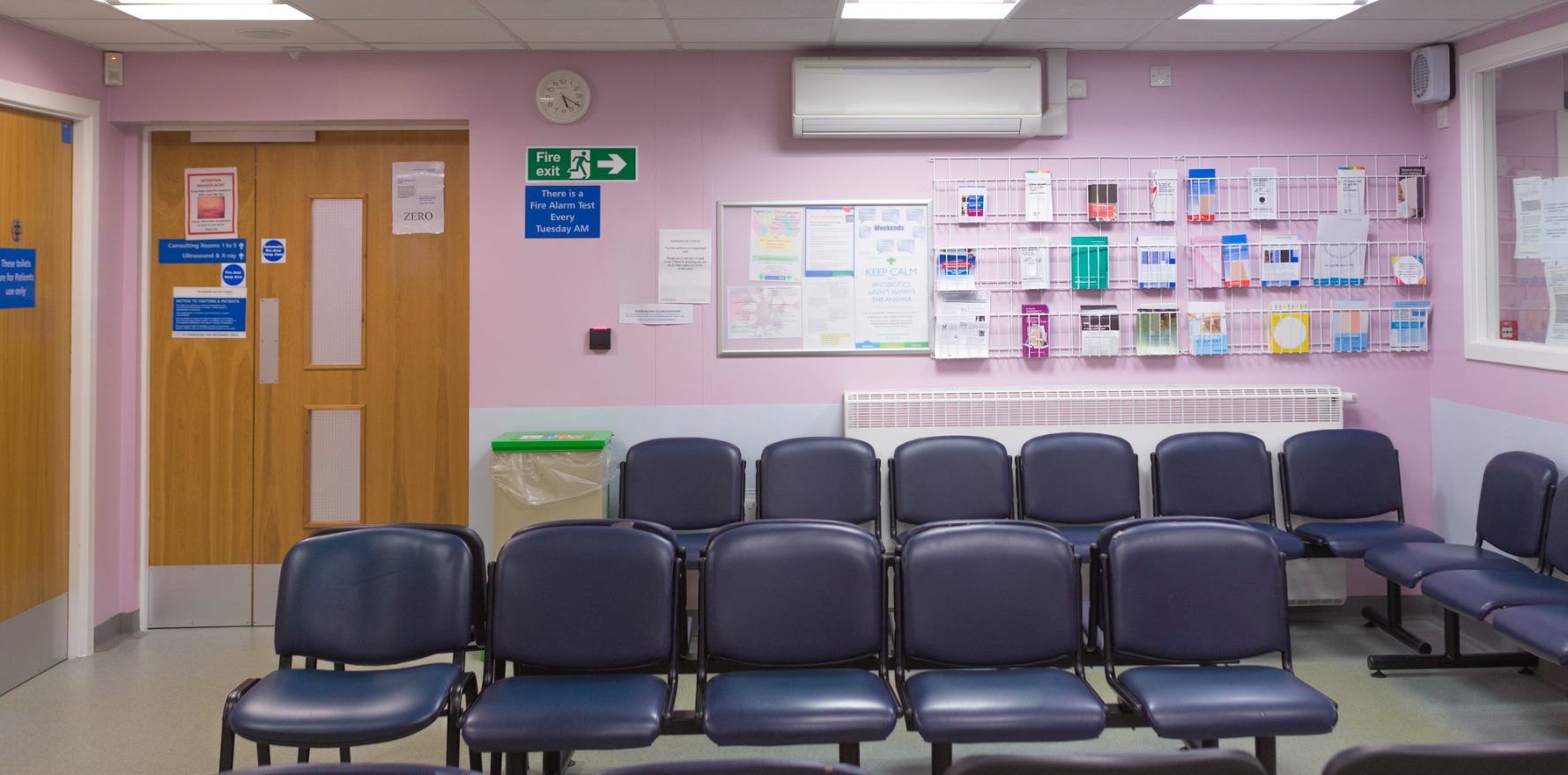Targeted support programs, continuous eligibility assessments and more consumer education can help improve equity, says the association.
Introduce targeted support programs and continuous eligibility assessments to make the Medicare Safety Net more equitable, says the AMA.
In its submission to the Department of Health and Aged Care’s Medicare Safety Net (MSN) Reform Working Group, the AMA said it was strongly supportive of the MSN and the extended MSN as mechanisms to help patients avoid high out-of-pocket costs outside the hospital.
“These arrangements provide a substantial support to patients with significant out-of-pocket costs or ongoing healthcare, particularly in the context of an MBS system under the strain of demand and insufficient indexation,” reads the submission.
However, concerns remain around inequity of access.
“While we acknowledge there is evidence that the arrangements have not been accessed by all patient cohorts equally, they provide essential support for people who require significant and sometimes ongoing care,” reads the submission.
“As such, any efforts to reform the safety nets must be approached with great care to ensure patients are appropriately supported.
“Any reform must also engage with all impacted specialties and relevant consumer groups to ensure there is genuine understanding of the models of care and patient needs.”
The association said that proposed reforms from DoHAC for broader caps – approximately 75% of the MSN is capped to control spending – could leave patients worse off.
“The level at which any cap is set must be appropriate, acknowledge the costs of delivering services, protect patients, and recognise the need for caps to be indexed,” reads the submission.
Related
“If the department is to pursue caps on items, close consideration must be given to how the MSN resets every 12 months, and whether this artificial threshold is providing sufficient support to patients facing significant out-of-pocket medical costs.”
The association said health needs were “not dictated by the calendar” and there was a “strong case” for reforms that provided greater flexibility in assessment of eligibility.
“An ongoing frustration for AMA members, is that safety nets reset at the start of every year, but the MBS is indexed on July 1,” reads the submission.
“This does not align and makes providing informed financial consent challenging.”
The association said the government may need to consider targeted support programs – like subsidies or adjusted benefit levels – for some cohorts of low-income patients to improve equity of access.
“Financial hardship to patients — the core, inhibiting issue the MSN seeks to resolve — remains the central problem within the current MSN structure itself,” reads the submission.
“Current arrangements require patients to incur out-of-pocket costs before qualifying for safety nets.
“Subsequently, data consistently demonstrates wealthier patients with significant health needs remain the chief beneficiaries of the safety net.
“Fundamentally, initial unsurmountable costs continue to discourage preventive healthcare for patients who cannot persist in accessing services long enough to reach the MSN threshold.”
The AMA recommended introducing continuous eligibility assessment based on recent healthcare visits, rather than out of pocket expenses per calendar year, remedy the MSN’s current pitfalls.
“This may effectively target those requiring support without those patients having to commit considerable funds to be captured by the safety net,” it said.
“Focusing on value rather than volume can enhance the overall effectiveness of healthcare delivery.”
The association also called for more consumer education about the benefits of the MSN.





